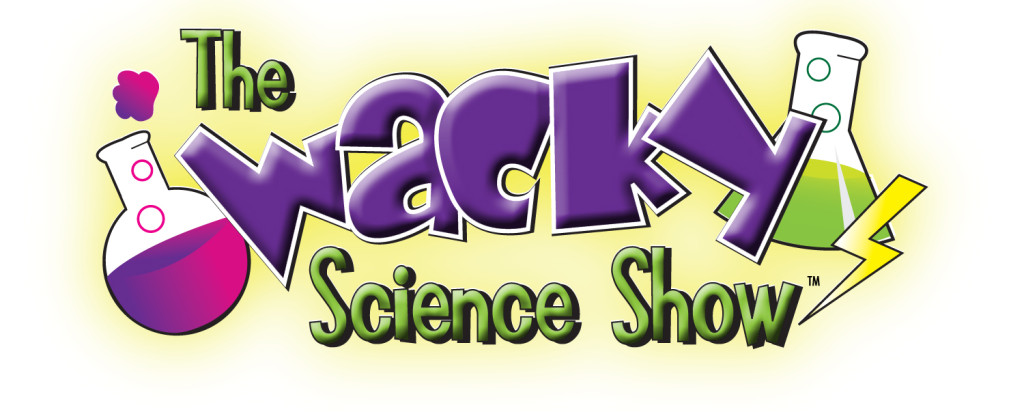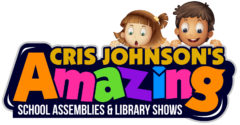
Science: A Solid Foundation For Life
When you build a house, you start with the foundation. The same concept can be applied to teaching early elementary school children. The subjects we learn in grades K–2 set the foundation for high-quality learning in later grades.
When it comes to science specifically, instilling a love for science in young children reinforces and encourages them to increase their overall understanding of how and why things work. It teaches them critical thinking and problem solving skills. It introduces them to a wide range of technology, both new and old. Kids are naturally curious and science gives them an outlet to explore those curiosities.
Plus, science itself is such a broad, wondrous topic that to condense it into a single year or to delay its initiation into students’ lives is a disservice. Science literacy requires significant time and effort because it’s a subject that builds on itself and overlaps. Science also incorporates reading, writing, and mathematics, bridging science with other common core subjects like Math and ELA. The bottom line is: science is essential.
So why does science get such a bad rap for being “difficult to learn” or “boring”? Aside from the fact that science encompasses abstract concepts and ideas, it’s also very demanding in terms of critical thinking, and can require stronger mathematical literacy. This means teachers (and parents) should look for new, creative ways to get kids involved in science through experimentation. If they’re having fun, they won’t even realize they’re learning!
Christmas Experiments For Any Age
I love science experiments so I’m always eager to share these “magical” activities! Over the long holiday break, give kids a reason to stay on top of their education with one (or all) of these quick and easy Christmas experiments from Lemon Lime Adventures:
Does Snow Sink Or Float
This simple experiment requires 2 bowls of snow, 2 jars (one with warm water, one with cold water) and food coloring. Discover if snow sinks or floats and explore the properties of snow transforming from a solid to a liquid. Go to Lemon Lime Activities experiment details.
Dissolving Candy Canes
You’ll need cups, water, oil, vinegar, and candy canes for this mind-blowing experiment. This experiment teaches dissolution and allows kids to practice making observations and predictions, drawing, and measuring. Go to Lemon Lime Activities experiment details.
Yarn Ball Ornaments
If you’ve got yarn, glue, water, and balloons, you’ve got everything you need for this holiday-themed experiment. This “experiment” is really more of a fun family activity but you do get to play around with static electricity! Go to Lemon Lime Activities experiment details.
The Wacky Science Show

Science experiments have all the fun and awe-inspiring moments of magic without using any actual magical. The fun-factor in my “The Wacky Science Show” assembly is the reason kids stay engaged throughout the entire program. We the learn the MOST when we are having the most FUN! And with colorful banners and backdrops, a goofy ‘Dr. Science’ performing persona, and a high energy pace, your students will love every second! Learn about this nutty assembly here or contact me today to book your date.

We loved his presentation!! It was high energy and extremely engaging! The fast-pace kept all the students on their toes! The music added excitement that drew their attention in even further! I love how many student volunteers he chose because that made the students want to participate!!! I especially love how he asked the students to return to their classrooms quietly so that he would be invited back again! I cannot wait to look into his other show topics so that we can book again!”
Cara O’Hop, 4th grade teacher
Pittston Area Intermediate Center
Pittston, PA


